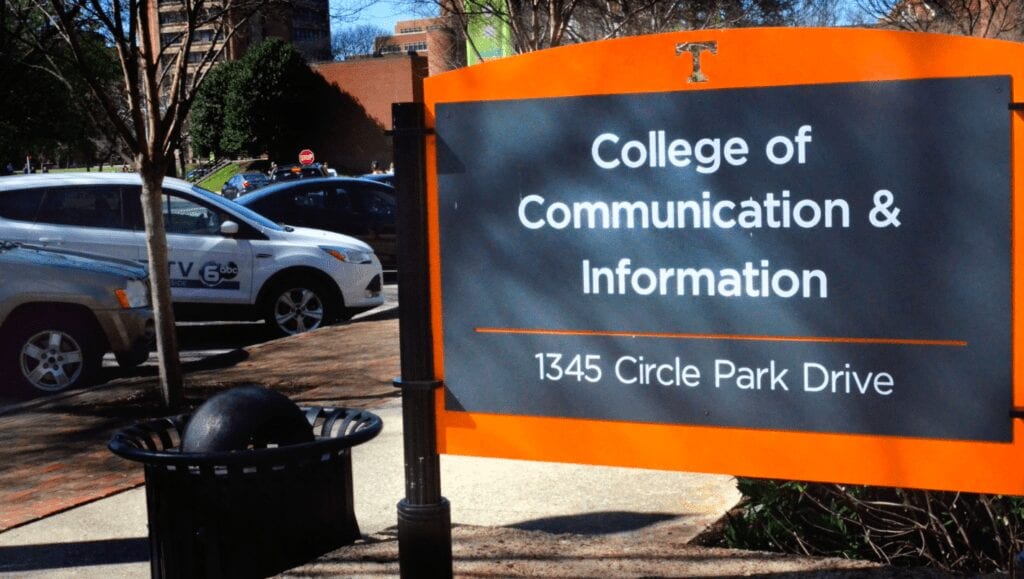How Local News Organizations Are Covering BLM

Last Monday, the grand jury in the Breonna Taylor case asked the court to release the transcripts and records that charges only one of the four of the Louisville Metro Police Department in her murder. Those documents are expected to be released by noon this Friday.
Last Tuesday, the first presidential debate of 2020 concluded. During the debate, Donald Trump addressed a far-right white supremacists group called Proud Boys, telling them to “stand back and stand by”. Instead of criticizing the group, he rather got the organization excited.
With racially charged moments like these, it’s hard not to think about the Black Lives Matter Movement and how it’s being handled in the media. The injustice displayed concerning the Breonna Taylor case and President Trump’s ill-suited statement shows how the media struggles to respond to these developments that can undermine the Black Lives Matter movement.
“I think one of the best things to come out of this terrible set of circumstances,” said Joel Christopher, executive editor for the Knoxville News Sentinel, “is the refocus it puts on so many newsrooms to commit for real, to make sure that they’re representative of the communities that they cover.” Christopher spoke during a panel discussion about media coverage of Black Lives Matter at the University of Tennessee.
Jordan Brown, reporter for WATE 6, said that she refers to “black lives matter” as a fact and not as a reference to the group. “I think that is what makes people kinda iffy about, you know ‘Are you supporting this because you’re black’, or ‘Your newsroom is biased’, because they don’t really know that difference.” Brown and the other panelists see the movement in how it’ll affect people and their communities.
When asked how he and his team are responding to the BLM movement, Christopher says they wanted an image that reflected the movement in Knoxville. “We wanted to present it as not a protest movement, but a movement to assert and claim rights that are natural to all Americans. That’s something that everyone should support.”
The executive director of the National Press Photographers Association Akili Ramsess said visual journalists need to give fuller narratives to the stories they tell, not concentrated areas of conflict. She said that picking the right images is a skill and tells the story visually. “There is a skill and craft to visual storytelling and not everyone has it.” Ramsess said there’s a need for the BLM movement to be heard, but with the whole story.
“We have to find different ways of telling these stories and try not to always find the exploitive headline.”

